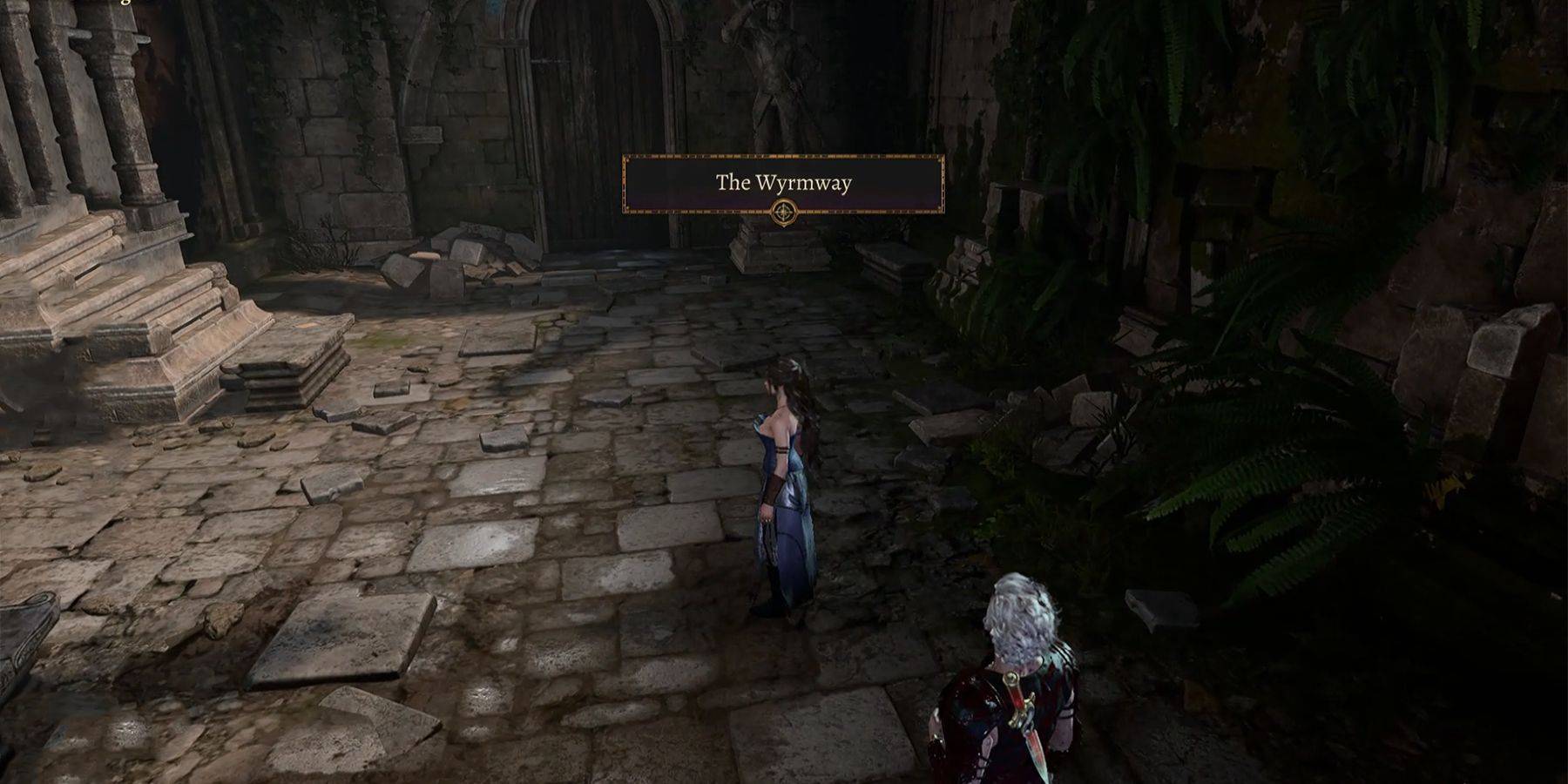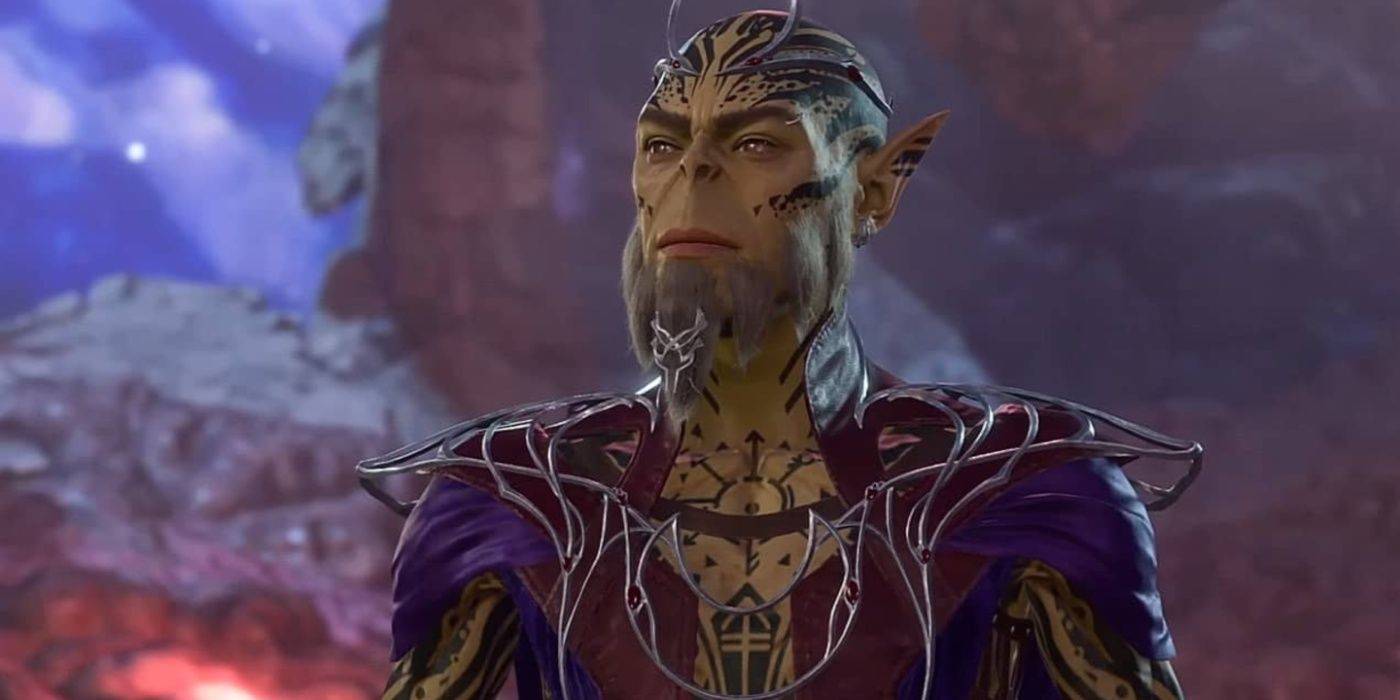In Baldur's Gate 3, one of the most pivotal choices comes near the game's conclusion: freeing the imprisoned Githyanki Prince Orpheus or allowing the Emperor to handle him. This decision, made after acquiring the Orphic Hammer, significantly impacts the party's fate and the world's destiny.

Updated February 29, 2024: Before confronting this choice, players must defeat Ketheric Throm, Lord Enver Gortash, and Orin, requiring thorough exploration of Baldur's Gate's upper and lower districts. This decision carries immense weight; some companions might sacrifice themselves. High skill checks (potentially requiring a 30 roll) might be needed to influence companion reactions.
Spoiler Warning: The following discusses the game's ending.
Free Orpheus or Side with the Emperor?
This choice hinges on player preference. The Emperor claims containing Orpheus prevents party members from becoming Illithids.
After the Netherbrain battle (which the party might fail), the Emperor presents the choice within the Astral Prism: free Orpheus or let the Emperor absorb Orpheus' power.
Siding with the Emperor: This leads to Orpheus' demise as the Emperor absorbs his knowledge. Lae'zel and Karlach may disapprove, impacting their personal quests. While this grants an advantage against the Netherbrain, it might not appeal to fans of these characters.
Freeing Orpheus: This causes the Emperor to potentially align with the Netherbrain. A party member risks becoming a Mind Flayer. However, Orpheus joins the fight alongside the Githyanki. He might even willingly become a Mind Flayer to save his people if asked.
In short: choose the Emperor to avoid becoming a Mind Flayer; free Orpheus if you're willing to risk it for your companions. The Emperor's choice might alienate Lae'zel and send Karlach back to Avernus.
The Moral High Ground?
Morality depends on perspective, but loyalty is key. Orpheus is the rightful Githyanki ruler, opposing Vlaakith's tyranny. A Githyanki player might naturally side with him. However, following Voss and Lae'zel's demands might seem overly forceful to others. The Gith prioritize themselves, even if their actions affect the wider world.
The Emperor is generally benevolent, aiming to stop the Netherbrain and assist the party. He accepts necessary sacrifices. Following his plan might lead to Illithid transformation, but it maintains a moral high ground. Remember, multiple endings exist; careful choices can lead to a satisfying outcome for everyone.
















